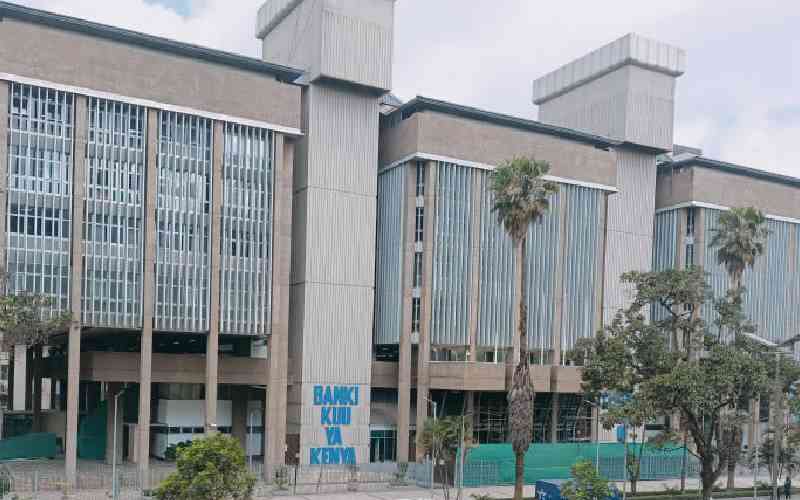×
The Standard e-Paper
Stay Informed, Even Offline

Contributions to the National Social Security Fund (NSSF) shot up by Sh26.5 billion in 2023 as detailed in the latest report despite a drop in the number of newly registered employees and employers over the period.
Enhanced contributions to the fund as per the NSSF Act 2013 that took effect early last year may have played a key role in this increase even as data also raises questions on the drop of the number of employees and employers registered with NSSF.







